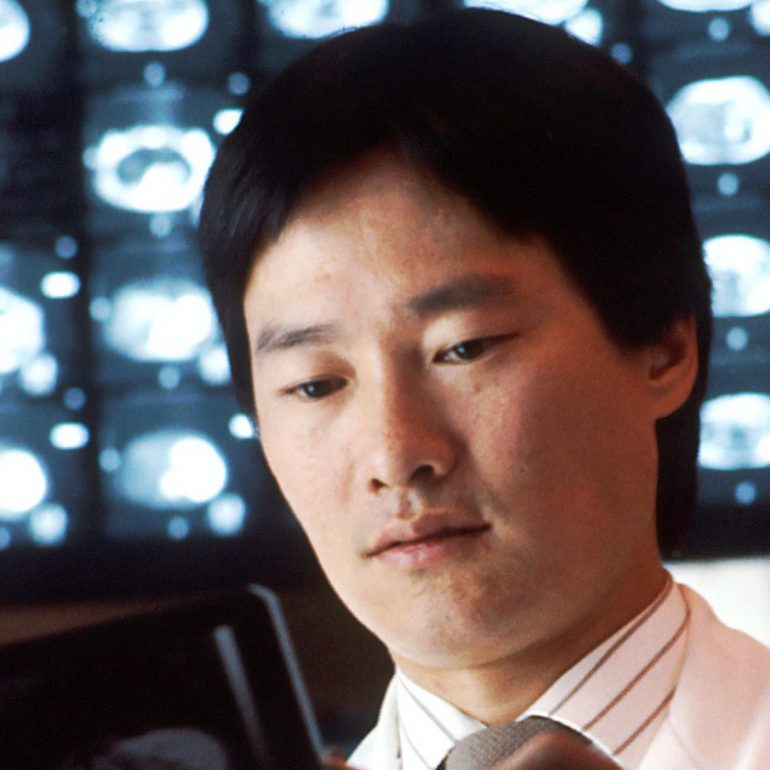Welcome back to #WeAreGreenKey, where we shine a spotlight on our powerhouse recruiting team.
We met up with Kyle Gierke, Staffing Manager on the Healthcare team at Green Key. Kyle started his journey at Green Key almost 3 years ago, when he transitioned his career back to agency recruiting.
How did you get started in recruiting?
I started working in logistics and sales, which consisted of a lot of cold calling and was missing a work-life balance. I had future aspirations of starting a family and knew an industry change was in my future. I was brought on by a staffing firm and broke into the world of recruiting.
What do you find the most rewarding about your work?
From a leadership perspective, I love being able to see the team learn and grow. Being raised by a basketball coach has always taught me the importance of team success. The most rewarding aspect of working with candidates and clients is hearing about their high level of satisfaction. For example: Receiving thank-you notes from candidates sharing how thankful they are for our help and how much they love their positions. Hearing those success stories is the most rewarding part of recruiting to me.
What tips would you give someone looking to get into healthcare recruiting?
I would say be ready for the roller coaster ride as there are a lot of ups and downs in recruiting. You can have one week where everything goes right and another where you can’t catch a break. Here at Green Key the management team brings a lot of resources to us to help us with our work. They are willing to invest into new tools to help us get an edge on the competition. We also have an open-door policy, checking in with us on both a personal and professional level. When we feel things couldn’t get any worse, we know we have the support at Green Key from all levels of management.
What keeps you coming back to this business every day?
Besides being able to provide for my family, the satisfaction of helping others and changing their lives is a major part of what keeps me coming back. At Green Key, they take a hands-off managing approach the opposite of the micro-management type companies. It does take very self-motivated and disciplined individuals to succeed in that type of environment, and that is where I thrive.
2024 marks 20 years of Green Key, how would you describe your experience since starting your career with the healthcare team?
After leaving my first agency role, I was a bit burnt out and wanted to leave recruiting, so I tried different industries. Then a colleague I had worked with previously and I work alongside today at Green Key (Trisha Hankins), reached out to me to interview for a position. So, I interviewed with three partners, Deloris Jones, Tony Giarratana, and Matt Kutin and saw the vision that they had for me at Green Key. They have always been there for me with monthly check-ins, answering my calls when I need to vent, and helped me grow as a leader. These Green Key leaders have been the ones I can turn to for both personal (congratulations/condolences) and professional advice through some of the most challenging times in my life. What Green Key means to me is family and outstanding leadership. That has helped me develop into the father, recruiter, and leader I am today.



